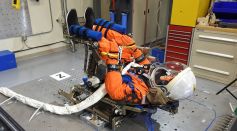SPACE

Hubble Space Telescope Still Broken: Reason for Being Offline Remains a Mystery to NASA
White Dwarf Discovered to Have Greater Mass Than Sun, Astronomers Fear Sudden Collapse
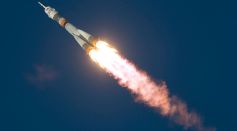
Bezos, Musk, Branson Beating Each Other in Space Tourism; Whose Rocket is Bigger Though?

NASA's Near-Earth Object Surveyor Space Telescope Now One Step Closer to Reality
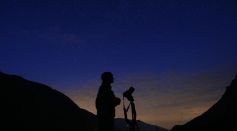
Five Stunning Space Photos That Could Win the Prestigious Astronomy Award of the Year

Supermassive Black Holes May Host the 'Largest Tsunami-Like' Structures, Experts Say
Astronomical Events July 2021: Venus-Mars Conjuction, Thunder Moon, Double Meteor Shower!
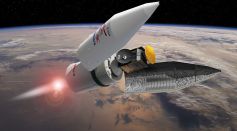
Mars Methane Detections: Are Scientists Ready to Explain These Occurrences on the Red Planet?
World's Largest Radio Telescope: SKA Observatory Will Soon Start Construction
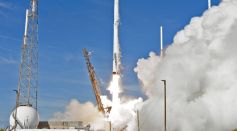
SpaceX Falcon 9 Launch: Anticipated Sonic Booms Postponed Due to Aircraft Incursion in Safety Zone
